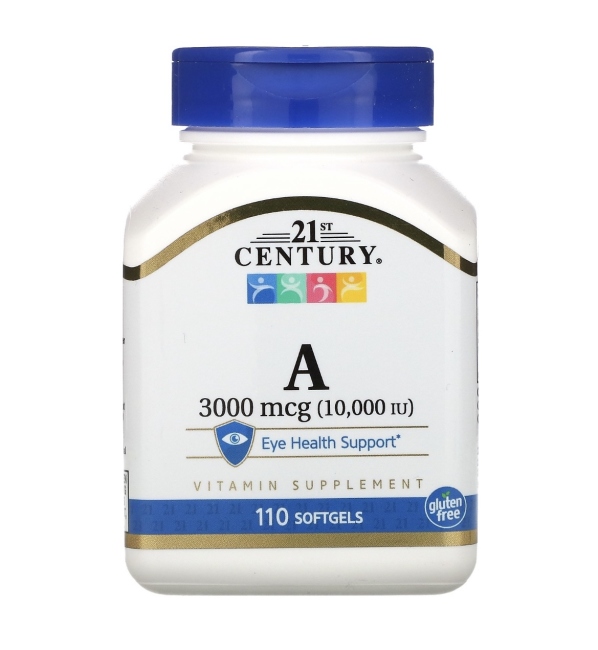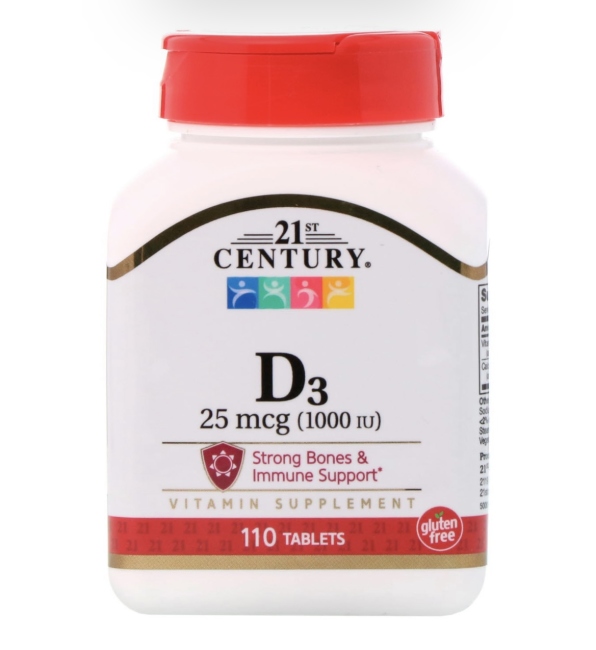Vitamin A is the generic term for a group of fat-soluble compounds highly important for human health.
They’re essential for many processes in your body, including maintaining healthy vision, ensuring the normal function of your immune system and organs and aiding the proper growth and development of babies in the womb.
Here are 6 important health benefits of vitamin A:
1. Protects Your Eyes From Night Blindness and Age-Related Decline.
Vitamin A is essential for preserving your eyesight.
The vitamin is needed to convert light that hits your eye into an electrical signal that can be sent to your brain.
In fact, one of the first symptoms of vitamin A deficiency can be night blindness, known as nyctalopia.
2. Lower Your Risk of Certain Cancers.
As vitamin A plays an important role in the growth and development of your cells, its influence on cancer risk and role in cancer prevention.
In observational studies, eating higher amounts of vitamin A in the form of beta-carotene has been linked to a decreased risk of certain types of cancer, including Hodgkin’s lymphoma, as well as cervical, lung and bladder cancer.
3. Supports a Health Immune System
Vitamin A plays a vital role in maintaining your body’s natural defenses.
This includes the mucous barriers in your eyes, lungs, gut and genitals which help trap bacteria and other infectious agents.
It’s also involved in the production and function of white blood cells, which help capture and clear bacteria and other pathogens from your bloodstream.
4. Reduces Acne.
vitamin A deficiency increase your risk of developing acne, as it causes an overproduction of the protein keratin in your hair follicles.
Acne is a chronic, inflammatory skin disorder.
People with this condition develop painful spots and blackheads, most commonly on the face, back and chest.
5. Supports Bone Health
The key nutrients needed for maintaining healthy bones as you age are protein, calcium and vitamin D.
However, eating enough vitamin A is also necessary for proper bone growth and development, and a deficiency in this vitamin has been linked to poor bone health.
6. Promotes Healthy Growth and Reproduction.
Vitamin A is essential for maintaining a healthy reproductive system in both men and women, as well as ensuring the normal growth and development of embryos during pregnancy.
The importance of vitamin A in male reproduction have shown that a deficiency blocks the development of sperm cells, causing infertility.






